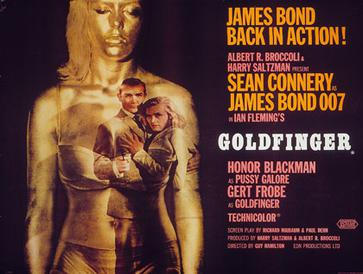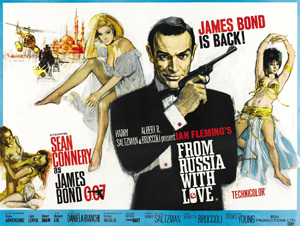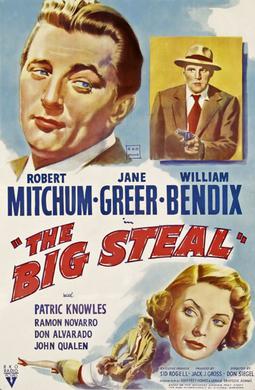In Honor Of Those Who Cannot Boil Water-In The Midst Of The Things Culinary Craze-Too Many Cooks Spoil The Broth -“Love’s Kitchen” (2011)-A Film Review
DVD Review
By Lance Lawrence
Love’s Kitchen, starring Claire Forlani, Dougray Scott, 2011
Sometimes a film reviewer like me knows exactly why he or she gets an assignment. And I can tell you exactly why since under site editor Greg Green we have been encouraged to give a little “inside scoop” stuff about the workings of the on-line publishing business. My tale is simple. I happened to mention in response to I think fellow critic Sarah Lemoyne who was talking about the incredible increase in all things culinary both on-line and in the theaters that in all things culinary I could not boil water. Somehow Greg found out about my withered statement and called me in to tell me that I was the primo candidate to do the British film under review. Love’s Kitchen. Although Greg himself thought along with many of the British critics who panned the film this was a “turkey,” pun intended, he wanted to ride the culinary interest wave and have the film reviewed, reviewed by a guy who “kitchen sink” eats prepared foods a lot.
Sarah, her mentor Seth Garth and I sat through this thing and were scratching our heads to make sense of it other than to cash in on the cheap in the culinary craze bonanza. See what this film is really about is not food, Jesus, not English food like Welsh rarebit which even I draw the line at, but the twelve millionth reincarnation of the “boy-meets-girl trope that Hollywood and now the whole cinematic world has latched onto when you have a turkey that leaves people scratching their heads. That interplay has saved more than one film although not this one.
Here is why. Rising chef in the British culinary world Rob Haley, you have probably if you have been to London lately since one of his gastropubs that are seemingly popping up in every corner of the kingdom, played by Dougray Scott, lost his wife to a fatal automobile accident. That event crushed him (and his coming of age daughter) and he wound up working in some dung heap serving kippers and other such swill to the unknowing clientele. Not in obscurity though since his efforts were panned by a well-known American food critic Kate Templeton, you have probably read her searing and truculent reviews yourself or seen her as the beautiful winsome judge on some Food Channel production, before you got snagged into this lemon. Eventually our boy Rob snapped out of his morass and began a reclamation project on an old pub that he purchased out in the English boondocks. For those who thought this would be a place to learn how to cook or get a tip on spices from a real pro forget it since fixing up the pub to be ready for the carriage trade is the high point of the culinary intrusion.
Back to the plot. At first things don’t go well since Rob refuses to let any critic within a mile of the place. Enter Kate Templeton, Rob’s arch-enemy from that thumbs down review who immediately forms a pole of attraction to the lonely Rob. Here is what I didn’t know about Kate though she was the daughter not only of an American mother but of Sir Max Templeton, yes, that Max Templeton who before knighthood, before OBE time was ransacking taking no prisoners every home in America who had any young women within. Maxie had met his soon to be wife in the American wild 1960s be-bop night of “drugs, sex and rock and roll” of which he was a master of all three. For those who don’t remember Maxie or are too young go on YouTube to see what it was like when men and women played rock roll for keeps. Google Little Red Rooster the Chicago blues tune written by Willie Dixon and charted by Howlin’ Wolf which Maxie and the boys covered and made the first of several big hits on. That was then though now Maxie, Sir Maxie, is a cranky, creepy, crusty, cruller of a man who wants nothing but calm and contentment. Certainly not the crowd that would gather at a top-notch restaurant out in the English country side. He will make trouble for Rob through a willing confederate smitten by Kate but mainly act as a side-show of remorse for abandoning Kate as a child.
Pretty far removed from recipes for crepes or casseroles, right. It only gets worse as Kate beguiles Rob’s daughter and then on cue beguiles her father. Funny, what gets her home, what gets her under her silk sheets with the man he had to show her the proper way to dice carrots that one would think even an American college professor of culinary studies would know how to do before entering the lists as a critic is her shining light review of his menu. So be it. Once the satin sheets are messed as also on cue there is a moment’s misunderstanding when Kate unbeknownst to her has to take the heart for her father’ s hatchet-handed attempts to shut the joint down. Not to worry remorseful Maxie drops the complaints, his agent is gone to ground and Rob hurries off to the arms of the gallant Kate. If you were looking to see what it was like when men and women keep kitchen for keeps look elsewhere.

.jpg)






